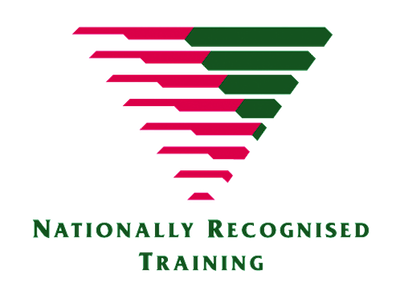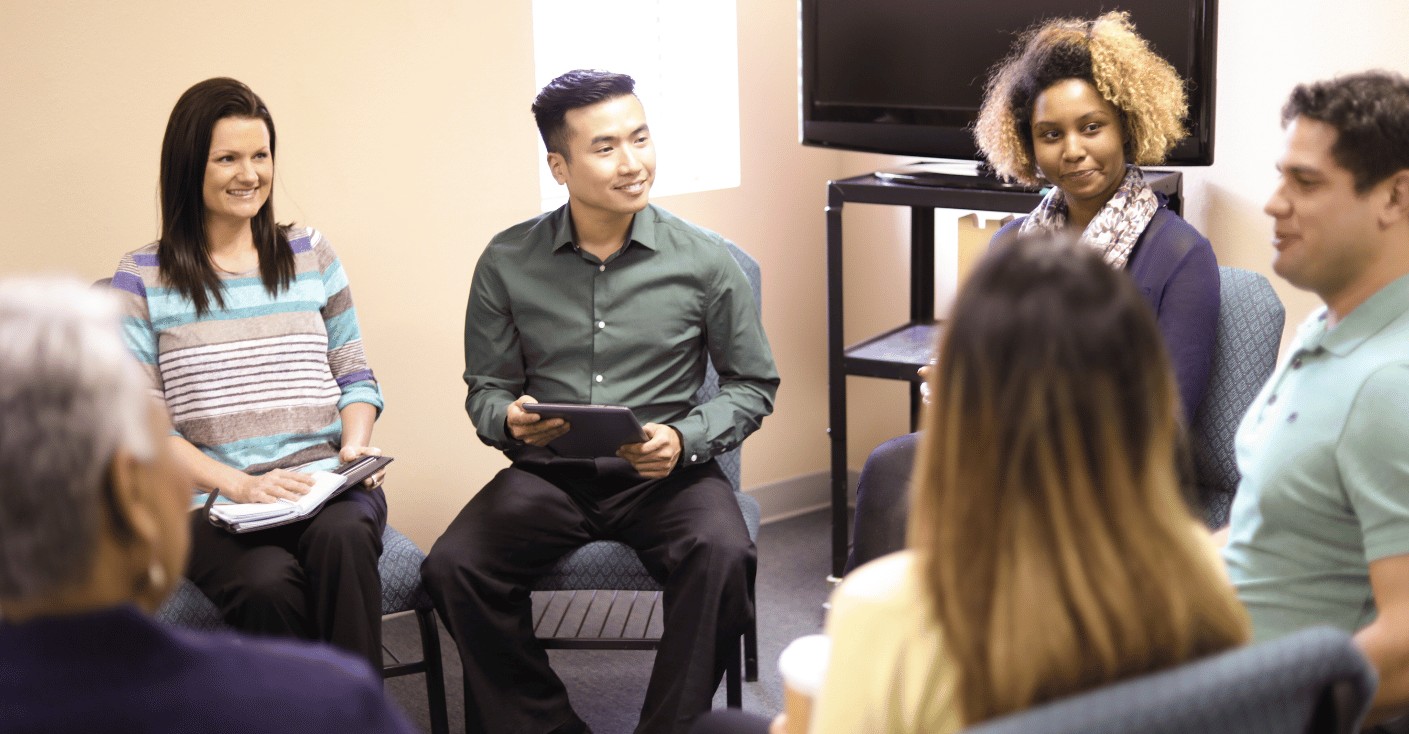Overview
Are you passionate about supporting individuals on their journey to personal growth? This nationally recognised counselling qualification is perfect for people who want a fulfilling career in counselling and those who want to enhance their personal development.
Throughout the course, you will learn how to provide ethical counselling services to a diverse range of clients, promoting their social, emotional and physical wellbeing. You will explore evidence-based counselling models, strategies and therapies as well as communication techniques such as micro-counselling and interviewing skills to effectively support clients. In the simulated Clinical Practice module, you will gain hands-on counselling experience and apply your newly acquired skills with simulated clients at our student counselling clinic.
Upon successful completing this counselling course, you will be qualified to work in defined counselling and case management roles in established community services organisations, ready to empower people to improve their well-being.
Key Information
| Award | CHC51015 Diploma of Counselling |
| Duration | 1.5 years (78 weeks) 6 terms x 10 weeks 18 weeks of holidays |
| Study Mode | Classroom, Structured Study (Online) and Work Placement |
| Locations | Brisbane, Melbourne, Sydney |
| Intakes | January, April, July, October |

The CHC51015 Diploma of Counselling is a nationally recognised qualification.
Career Opportunities
Curious about what roles in the industry you can apply for upon completing your CHC51015 Diploma of Counselling? Here’s a list of career opportunities:
- Therapeutic Case Worker/Manager
- Counselling Support Worker
- Group Facilitator
- Coach/Mentor
- Family Support Worker
- Pastoral Support Worker/Carer
- Education/Psychosocial Support
- Prevention and Early Intervention Worker
Study Pathways
Completing the CHC51015 Diploma of Counselling will open a study pathway into a Bachelor of Counselling and Psychotherapy with our sister company Ikon Institute of Australia.

Course Delivery and Assessment
This course is timetabled for 78 weeks, including 60 weeks of training and assessment across 6 terms of 10 weeks each, and 24 weeks of holidays. Each week, you are required to complete 20 hours of training and assessment, made up of 14 hours of weekly classroom training and 6 hours of structured study. The hours allocated to structured study may vary during work placement. An additional 10 hours per week of self-directed learning should be set aside for homework.
Training: Training takes place on campus. Delivery methods includes trainer presentations and demonstrations, individual tasks, case studies, research, role plays, practical demonstrations, and group work.
Assessments: Assessments will involve projects with role-plays, case studies, observations, and short answer questions. Assessment conditions will ensure a simulated workplace environment for classroom-based assessments. The practical counselling skills assessment will be completed within a general counselling clinics framework at our student counselling clinic.
Units of Competency
The course has 17 units of competencies, consisting of 13 core and 4 elective units.
CHCCCS019 Recognise and respond to crisis situations
CHCCSL001 Establish and confirm the counselling relationship
CHCCSL002 Apply specialist interpersonal and counselling interview skills
CHCCSL003 Facilitate the counselling relationship and process
CHCCSL004 Research and apply personality and development theories
CHCCSL005 Apply learning theories in counselling
CHCCSL006 Select and use counselling therapies
CHCCSL007 Support counselling clients in decision making processes
CHCCSM005 Develop, facilitate and review all aspects of case management
CHCDIV001 Work with diverse people
CHCDIV002 Promote Aboriginal and/or Torres Strait Islander cultural safety
CHCLEG001 Work legally and ethically
CHCPRP003 Reflect on and improve own professional practice
CHCMHS013 Implement trauma-informed care
CHCMHS011 Assess and promote social, emotional and physical wellbeing
CHCDEV001 Confirm client developmental status
CHCCDE004 Implement participation and engagement strategies

Course Requirements and Suitability
Entry Requirements
Study Requirements
Entry Recommendations
You must meet both the academic and English language requirements.
Academic Requirements
- Completion of the Australian Year 12 or equivalent.
- Be at least 18 years of age.
English Language Requirements
You must meet one of the following criteria:
- IELTS score of 6.0 (or equivalent), with no individual band score below 5.5; or
- ALG in-house English proficiency test that is equivalent to IELTS 6.0; or
- A Certificate IV level qualification (or higher) completed within the Australian Qualifications Framework (AQF) in Australia within 2 years before starting this course; or
- Completion of the Senior Secondary Certificate of Education in Australia and in the English language within 2 years before starting this course.
You must also complete the Language, Literacy and Numeracy (LLN) online test as per ALG’s Language, Literacy and Numeracy Requirements Factsheet
Please note: If you are applying for more than one course at ALG, you will only need to complete the LLN online test once. However, students returning to studies at ALG after a significant period of time may be asked to complete the LLN online test.
For more details about the English Language Entry Requirements, please refer to the ALG English Proficiency Requirements Factsheet.
Bring your own device: Please bring your own laptop or tablet device to theory classes as ALG does not provide these items. Refer to the BYOD Policy in the ALG Student Handbook for specific details.
- The ability to be empathetic towards other peoples feelings and emotions.
- Patience is essential for maintaining composure under pressure.
- Have effective verbal and non-verbal communication skills.
- Demonstrate resilience in order to effectively support clients.

Student Counselling Clinic
Students will complete the practical counselling skills assessment in a general counselling clinics framework. The ALG student counselling clinic provides a representational environment that reflects workplace conditions with suitable facilities, equipment, and resources, including client information that is true to life.




